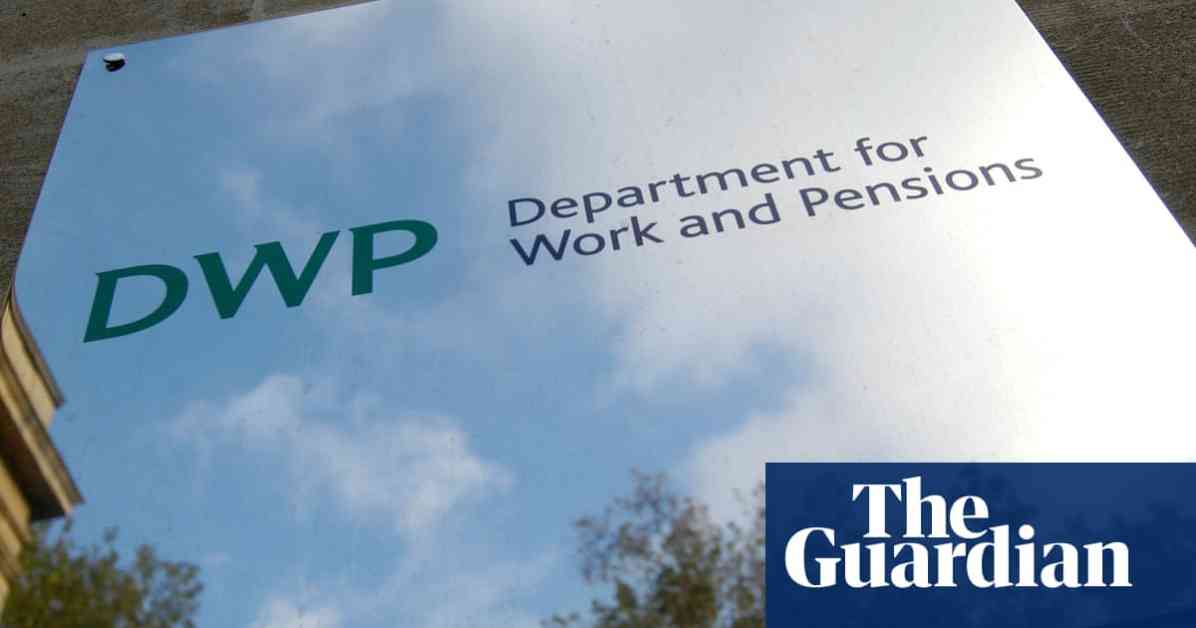Rising Public Services Complaints in England: A 36% Increase Since 2016
Public services complaints in England have seen a significant increase of 36% since 2016, according to a recent report by Demos, a leading thinktank. The complaints span various sectors, including benefits, prisons, the NHS, and higher education. The study revealed a steady rise in complaints from 309,758 in 2015-16 to 425,624 in 2023-24, with a notable drop during the pandemic.
Key Findings and Concerns
Complaints related to the Department for Work and Pensions doubled over the period, while those concerning higher education rose by 70%. The NHS witnessed a 20% increase in written complaints, reaching 241,922. Additionally, complaints in the areas of prisons and probation surged by 94%. Meanwhile, complaints regarding local government and social care remained relatively stable.
The findings have prompted Demos to call for reforms in the way public services are operated. Polly Curtis, the chief executive of Demos, emphasized the urgent need to rebuild trust between citizens and public services. She highlighted the importance of engaging with communities and granting more autonomy to frontline workers for better service delivery.
Proposed Solutions and Recommendations
The report suggests devolving the management of public services from central government to local communities to enhance flexibility and accountability. It advocates for a new service delivery model that empowers frontline professionals and ensures appropriate supervision measures. By adopting a liberated approach to service provision, the report estimates a potential annual output increase of £41 billion by 2033.
The concept of the “liberated method,” as exemplified by Changing Futures Northumbria, offers caseworkers greater freedom within the boundaries of legal compliance and harm prevention. Experts supporting the taskforce, including Victor Adebowale, Simone Finn, Patricia Hewitt, and Jonathan Slater, stress the importance of reshaping public services to meet evolving needs and restore public trust.
Perspective and Future Outlook
With public services facing mounting challenges exacerbated by the pandemic, leaders like Keir Starmer have underscored the need for innovative reforms and increased investment to address systemic issues. Starmer’s government aims to collaborate with communities and frontline service providers to prioritize people’s needs and drive positive change.
In response to the report, Minister Georgia Gould expressed a commitment to prioritizing public service improvements and fostering collaboration between policymakers and service providers. The government’s focus on empowering innovators within the public sector signals a shift towards a more citizen-centric approach to service delivery.
As public service complaints continue to rise, the call for transformative reform and community-driven solutions becomes more urgent than ever. By embracing a liberated service delivery model and promoting greater accountability and engagement, public services in England can work towards rebuilding trust and enhancing overall efficiency and effectiveness.







